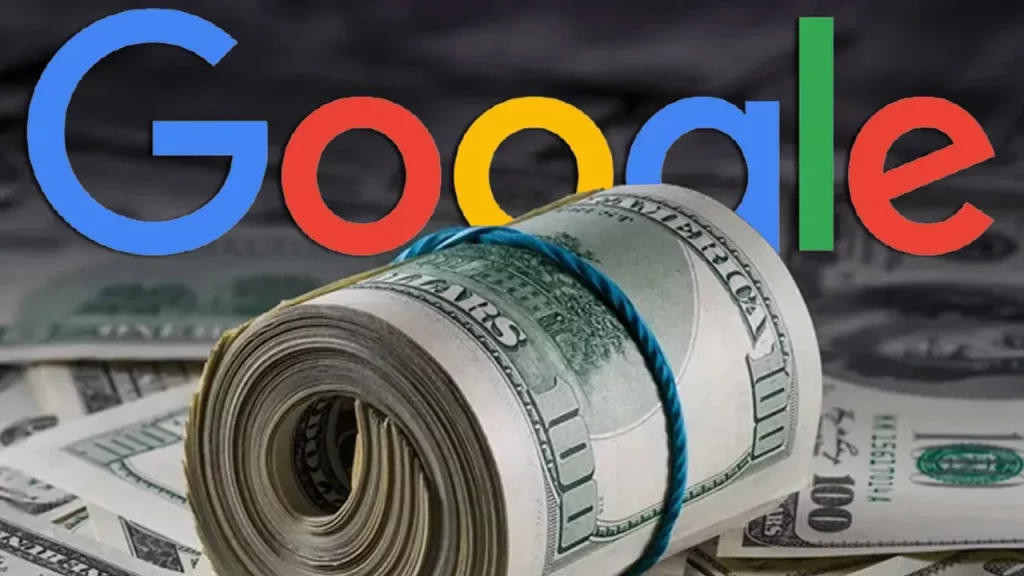Technology continues to develop and simplify our lives in every aspect. As a result, we incorporate the products and services we purchase into every facet of our daily routine. However, this situation also brings along certain security concerns. Many companies, including giant names like Samsung and Apple, are frequently involved in lawsuits due to violations of personal data security. Google, of course, is one of these companies. The tech giant is set to pay $39.9 million to settle a location tracking lawsuit. Here are the details…
What the Settlement Means for Consumers
Google has agreed to pay $39.9 million to settle a lawsuit alleging that the company misled consumers about its location tracking practices. The lawsuit, which was filed in 2020 by Washington Attorney General Bob Ferguson, claimed that Google continued to track users’ locations even after they had disabled location tracking in their settings.

Google has denied wrongdoing, but agreed to settle the lawsuit to avoid the cost of a trial. As part of the settlement, Google will be required to make changes to its location tracking practices, including providing more transparency about how it collects and uses location data. Google will also be required to pay $39.9 million to Washington state, which will be used to fund consumer privacy education and enforcement programs.
This settlement is a victory for consumer privacy advocates, who have long been concerned about Google’s location tracking practices. It is also a reminder that even the largest tech companies are not above the law. The lawsuit alleged that Google violated the Washington Consumer Protection Act by misleading consumers about its location tracking practices. The lawsuit claimed that Google made it difficult for users to disable location tracking, and that Google continued to track users’ locations even after they had disabled location tracking.
The settlement also requires Google to pay $39.9 million to Washington state. The money will be used to fund consumer privacy education and enforcement programs. This settlement considers is a victory for consumer privacy advocates
RELATED:
- OPPO Reno8 T 5G vs Vivo Y78+ 5G: Specs Comparison
- Samsung and Google Partner to Create Laptop That Turns Your Phone into a Powerful PC
- Google Pixel 7a Durability Test Reveals Surprising Result
- Google’s New Accessibility-focused Features Include Live Captions, Lookout & More
- Google assures fair implementation of in-app payments policy in India after CCI probe
(via)




